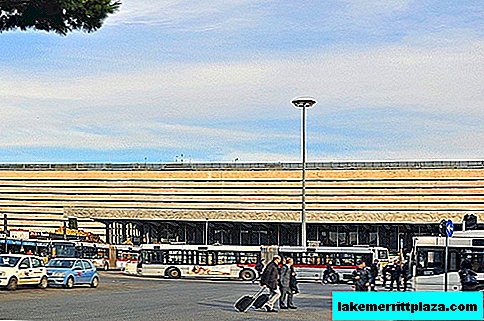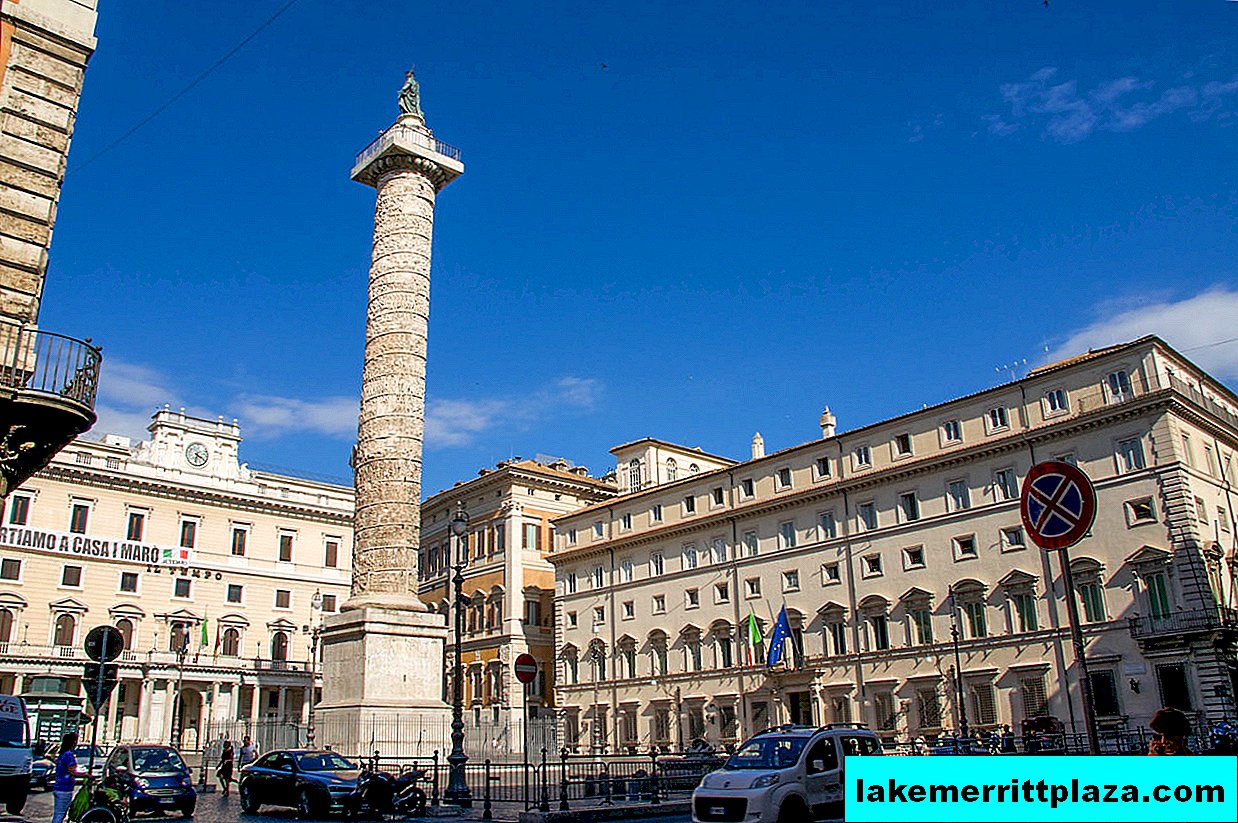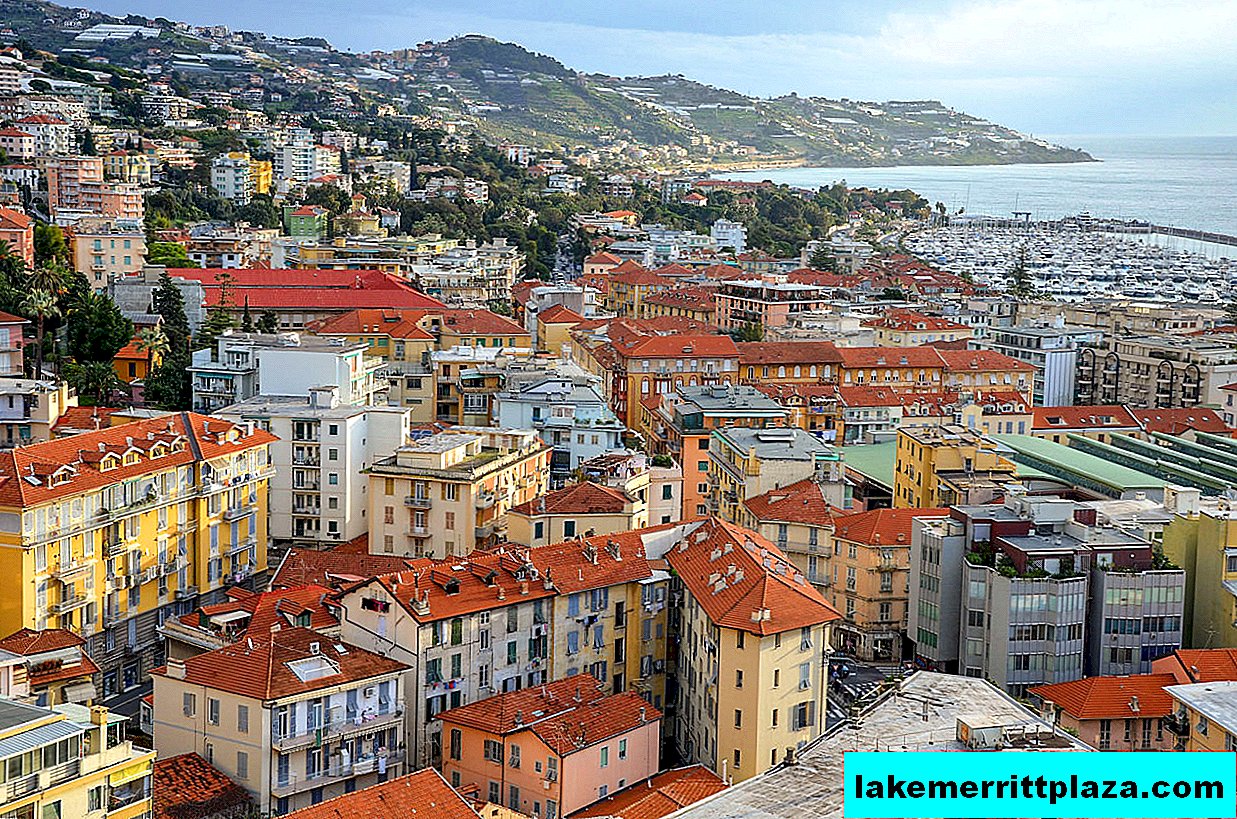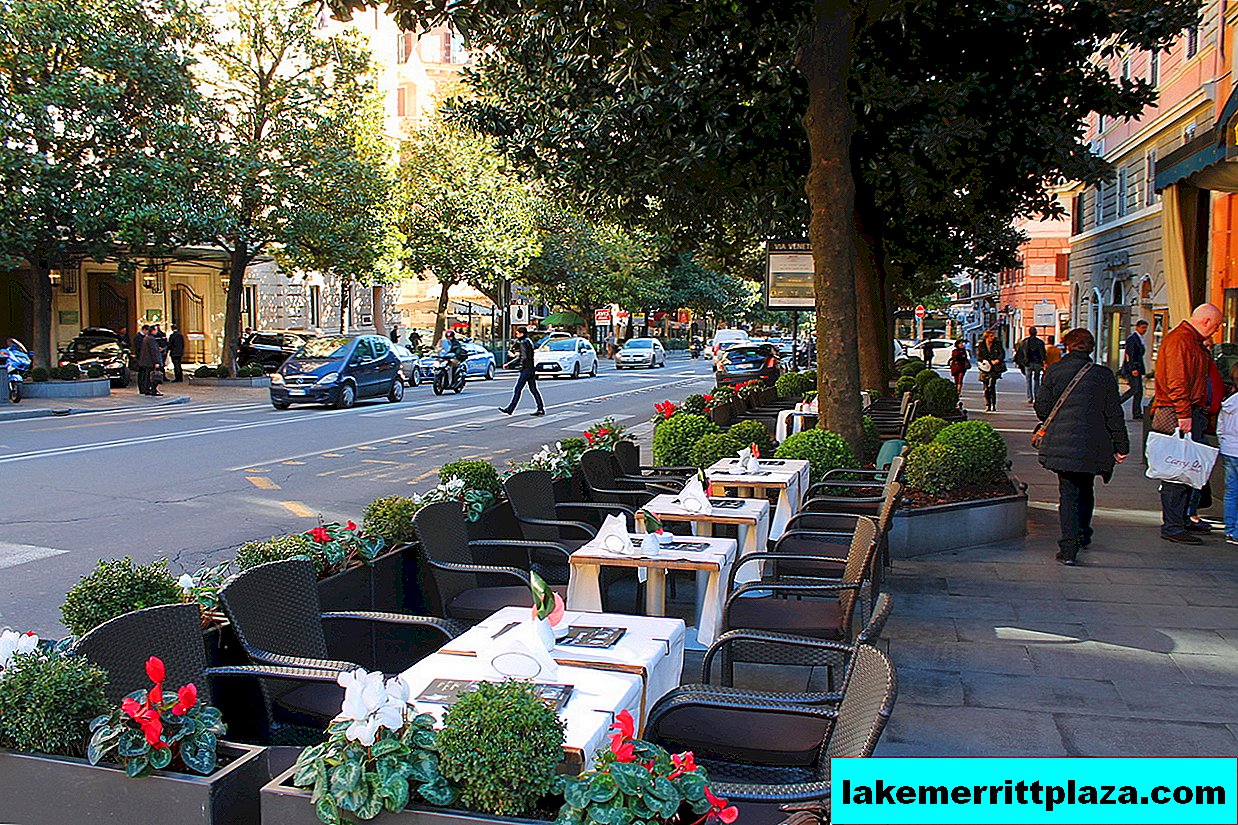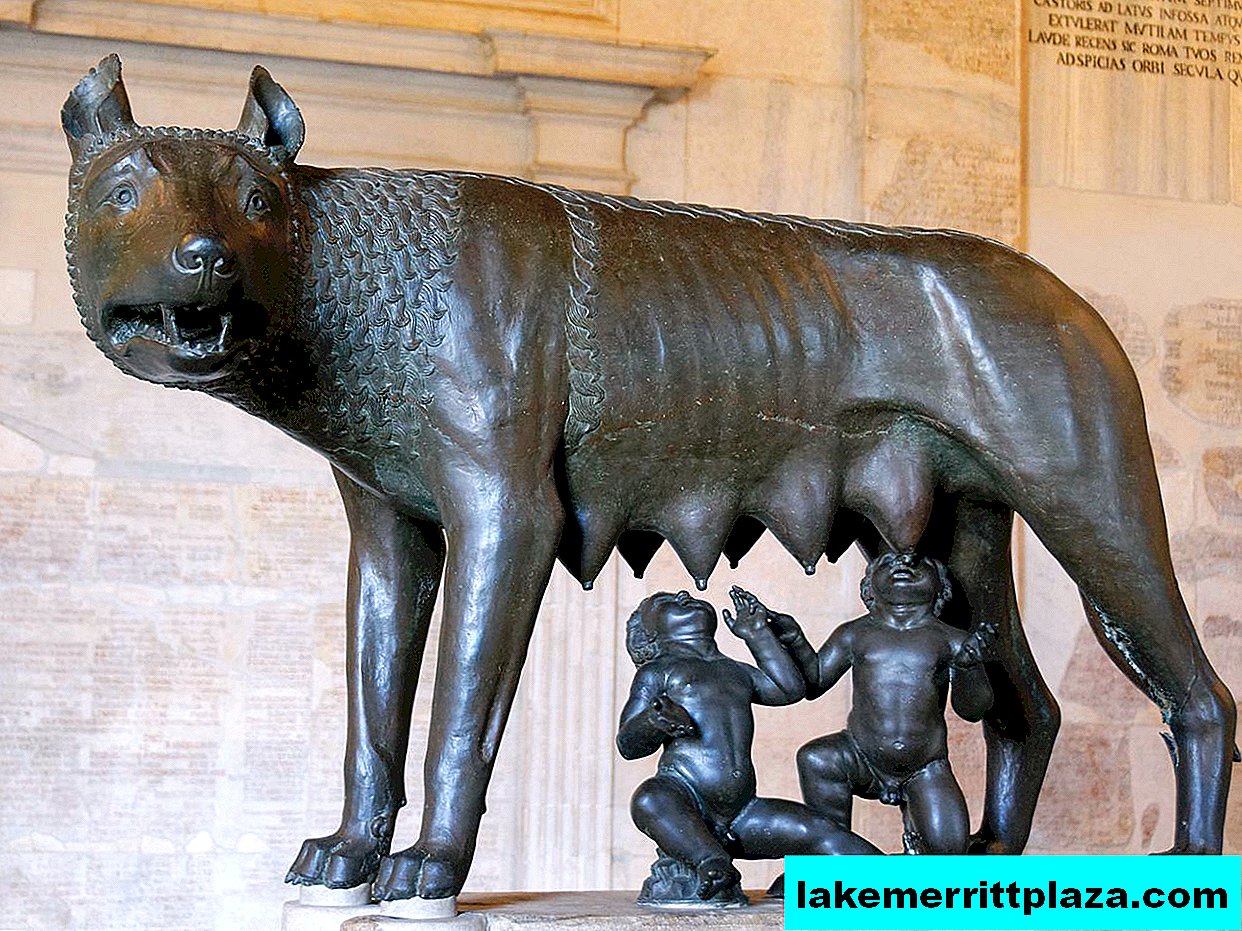The city of Lübbenau is located in the state of Brandenburg. It was formed in the XII century, on the site of a Slavic settlement. In the Middle Ages, the inhabitants of Lübbenau were engaged in crafts; in the XVIII century the city received the right to brew its beer. Today, the festival "Pickle Festival" is annually held here; there is also a tourist "Cucumber Route".

Lübbenau - the capital of the "Magic Forest" Spreewald, photo by Frank Crooijmans
About city
In the city of Lübbenau (Lübbenau), which is located in the state of Brandenburg, lives about eighteen thousand people. Lubbenau was formed in the XII century, on the site of a Slavic settlement. The first mention of the Lübbenau fortress was found in the chronicles of 1190.
In the Middle Ages, the inhabitants of Lübbenau were engaged in crafts; in the XVIII century the city received the right to brew its beer. The economic recovery began with the advent of the railway, in 1866. After that, capital tourists began to travel to Lubbenau, trade revived.
In the Spreewald region, the Spree River Delta is divided into canals and branches. Since 1907, after the city boat port opened, boat excursions through local canals gained popularity.

Lübbenau, photo by Stefan Fussan
Until the middle of the 20th century, Lübbenau was considered a small provincial town. After the development of brown coal began, its population doubled. In the GDR, Lübbenau was an important economic center. After the unification of the country, coal production ceased, the power station closed, and state-owned cannery plants passed into private hands. Only tourism remained a stable source of income, so the tourism industry began to be developed in every way.
Sights of Lübbenau

Entrance to the Old Town, photo by Stefan Fussan
In small Lübbenau there are sights, historical houses. The old center (Altstadt) is always crowded with tourists - a small city is visited by about a million visitors a year.

Schloss Lübbenau castle, photo René
The main building of the city is Lübbenau castle (Schloss Lübbenau) with a greenhouse and a castle park. The city castle appeared after the Napoleonic Wars, on the site of the first fortress built by the Germans. Now in this neoclassical palace, the Schloss Lübbenau with the Schlossrestaurant is located.
The oldest building in the city is half-timbered cafe timeless at the Old Market (1713).
Baroque Evangelical church of st. Nicholas (Nicolaikirche) built in 1741.
Neo-Gothic Protestant Lübbenau-Neustadt Temple (Kirche Lübbenau-Neustadt) exists since 1869.

Church of st. Nicholas (Nicolaikirche), photo by Stefan Fussan
In the center of the town there are two small museums: historical and local lore Spreewald-Museum in the buildings of the former town hall, prison and court at Am Topfmarkt and Museum of Naturewhich is located on Schulstrasse.

Castle Stables, photo by Stefan Fussan
Pickle Festival
Spreewald is called "cucumber paradise." Local pickles were considered a symbol of the former GDR. And now they annually organize the festival "Feast of Pickles"; there is also a tourist "Cucumber Route".
Festivals and events
And in November there is another culinary holiday - the Spreewald festival of fish dishes.
Every year on May 1, track races on motorcycles are held on a dirt road near Lübbenau.
The Spreewald Film Nights Film Festival is held in early August.
Spreewald Nature Reserve

Spreewald - The Magic Forest, photo by Stefan Fussan
Lübbenau is the unspoken capital of the Spreewald region - the "Magic Forest". Since 1991, UNESCO has recognized this region as a reserve. This is a unique natural landscape, formed after the melting of glaciers. He has no equal in Europe. In the settlements of Spreewald, Lusatian Serbs live. Between their houses, they move on punts resembling gondolas of Venice.
Lede Island Village

Lede Village, photo René
The center of attraction for tourists in Spreewald is the island village of Lede, "Venice Spreewalda" - located almost in the center of the city. Peculiar houses of local residents are included in the register of national monuments. Since 1957, the village has the status of Freilandmuseum (open-air museum).

The Big Port of Lubbenau, photo by Michael Pulla

River Spree, photo by Ennius Ortnid

Traveling on the canal, photo Rasmus99

Cityscape photo by Stefan Fussan

Bathing with the penguins in Terme
Lübbenau (Spreewald) (Lübbenau / Spreewald) Germany
luebbenau-spreewald


